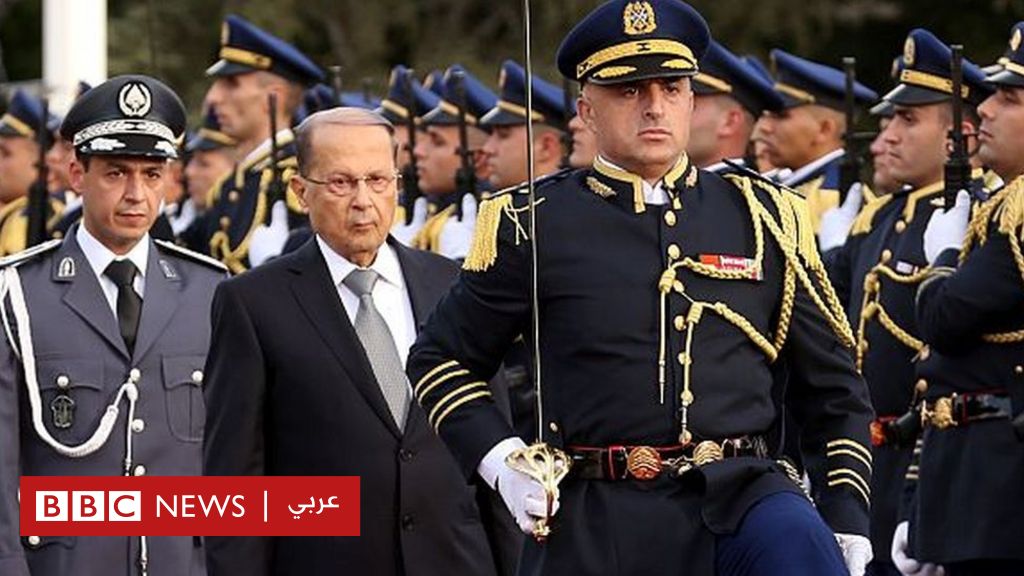Michel Aoun accused state institutions, the Lebanese judiciary, banks and money owners of being responsible for the crisis
Lebanese President Michel Aoun has left the presidential palace at the end of his term, although a new president has not yet been chosen.
This comes at a time when the country is experiencing an unprecedented economic crisis and fears have increased that the crisis may worsen after Aoun’s departure, as Prime Minister-designate Najib Mikati is not yet able to form a government and manage the country through a government custodian.
On Monday 24 October the Lebanese parliament failed, for the fourth consecutive time, to elect a new president due to strong political divisions.
Aoun’s latest decision, Sunday, was a presidential decree declaring the resignation of Najib Mikati’s government from its duties. “The government led by Mr. Muhammad Najib Mikati was considered resigned,” he said in the decree.
For his part, Mikati, who is also in charge of forming the new government, commented on the decision that the government had already resigned and that the president’s decision to announce his resignation “lacks constitutional value”.
And the Lebanese media quoted Mikati as confirming that the government will continue to carry out its duties as an interim government.
He stated: “The government will continue to carry out all its constitutional duties, including the conduct of business in accordance with the provisions of the Constitution and the rules that promote its activity and the methods of taking the decisions provided for by the Constitution and by decree No. 2552 of 1 August 1992 and subsequent amendments (organization of the work of the Council of Ministers) unless the Chamber of Deputies has a dissenting opinion.
Republican peace was played when Aoun left the presidential palace in Baabda. Aoun addressed hundreds of supporters of the 89-year-old president, who had gathered to greet him.
criticisms and accusations
Aoun told his supporters that the country has been “looted and great efforts will be needed to eradicate corruption”, pointing to the end of his rule as “the end of one phase, but there is a second phase, which requires a strong struggle. overcome its difficulties ».
Lebanese media sued Aoun accusing state institutions, the Lebanese judiciary, banks and money owners of being responsible for the crisis the country is going through.
He said the governor of the Central Bank of Lebanon “committed crimes”, adding that “the financial crimes in Lebanon were committed by the governor of the central bank”.
He stressed that he was unable to bring the bank governor to trial due to the presence of partners from the government system.
The outgoing president explained that Lebanon “needs reforms” and told his supporters: “Today I see in you all men of resistance, you are our companions in joy and pain”.
He also defended the border demarcation agreement with Israel on the grounds that it would help save the day.
And he called for the need to work to bring Lebanon “out of the sterile pit in which they have put it”, adding that “the maritime border demarcation agreement we signed with Israel will contribute to this”.


